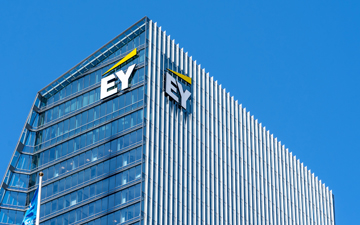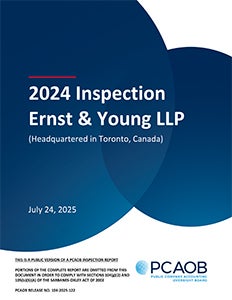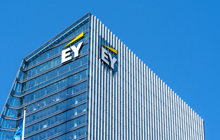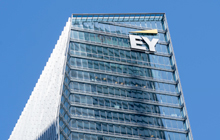PCAOB inspection report: Ernst and Young Canada lowers audit deficiency rate

EY Canada lowers deficiency rate from 50 to 25 per cent according to US audit watchdog inspection report over four 2024 audits by Big Four accounting firm
 |
Download the EY Canada 2024 Inspection Report from the PCAOB. |
TORONTO, September 14, 2025 – Big Four accounting firm Ernst and Young lowered its audit deficiency rate from 50 to 25 per cent in the past two years, according to the latest inspection report from the Public Company Accounting Oversight Board in the United States. The PCAOB inspected four EY Canada audits conducted in 2024 — the same number they inspected in 2022 — and found deficiencies in one (25% with Part I.A deficiencies).
The US audit watchdog also inspected four EY Canada audits in 2020 and found deficiencies in half the engagements.
Under the Sarbanes-Oxley Act, registered firms outside the US are subject to PCAOB inspections in the same manner as US firms. Since the inception of the PCAOB's international inspection program in 2004, the PCAOB has conducted inspections of one or more registered firms located in more than 50 non-U.S. jurisdictions, including Canada.
In 2020, 2022, and 2024, EY Canada was the principal auditor of 30 public companies (“issuer audit clients”) under the oversight of the PCAOB.
Multiple deficiencies in one audit
The inspection report details one company, described as “Issuer A” in the “materials sector,” a classic Canadian “hewers of wood” corporate sector, which includes forestry, mining, and chemical companies.
Unlike in recent years, the PCAOB focused its attention primarily on “investment securities” and “cash and cash equivalents.” According to the inspection report, the PCAOB found that EY Canada “did not identify and evaluate a GAAP departure related to the issuer’s classification of distributions received from an equity method investee as investing activities within the statement of cash flows, rather than as operating activities, considering the nature of the activities that generated the distributions, in conformity with FASB ASC Topic 230, Statement of Cash Flows.”
EY Canada “reevaluated its classification of the distributions received from the investee within the statement of cash flows and concluded that a material misstatement existed that had not been previously identified. The issuer subsequently corrected this misstatement in a restatement of its financial statements, and the firm revised and reissued its report on the financial
Financial relationships between partners, teams and issuers
During its inspection, EY Canada disclosed to the PCAOB a number of potential areas of non-compliance related to independence, particularly related to financial relationships. For example, the firm reported 39 instances across seven issuers of potential non-compliance with a rule regarding financial relationships. The accounting firm also reported the same issue to the PCAOB in its 2022 inspections.
According to the report, “Five of these financial relationships were instances where a partner in the same office as the engagement partner for an issuer had a financial relationship with that issuer. Twenty-three of these instances related to a member of an audit engagement team and six of these instances related to an individual who provided more than 10 hours of non-audit services to the audit client.”
The four largest accounting firms (Deloitte, Ernst & Young, KPMG, and PwC) audit 90 per cent of public companies by market capitalization in Canada. These are typically corporations listed on the Toronto Stock Exchange — names familiar to many Canadians. The EY Canada inspection report is the first Canadian Big Four accounting firm report to be released in 2025.
Colin Ellis is a contributing editor to Canadian Accountant. Title image: iStock, EY Tower in downtown Toronto.










(0) Comments